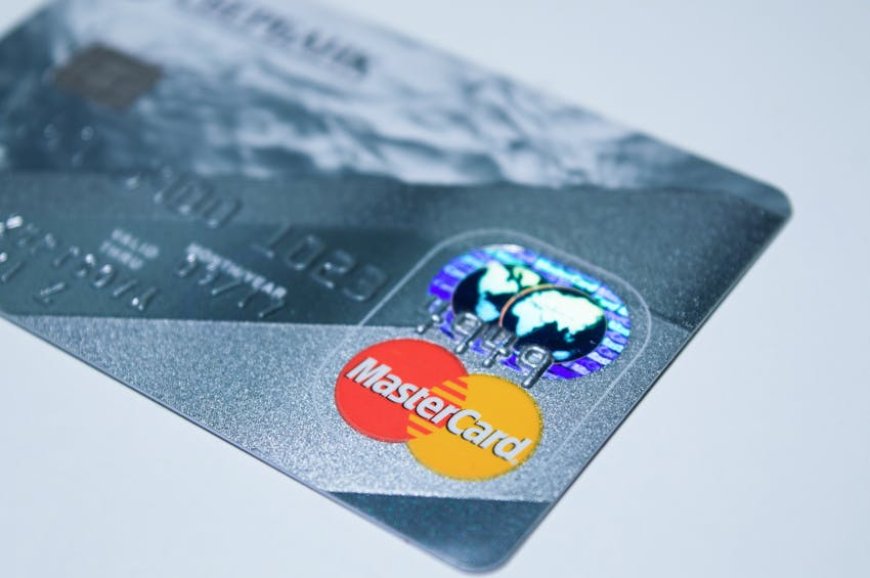How do I open a bank account in the UK

Opening a bank account in the UK is one of the first things you’ll need to do when you move here—whether you're a student, an expat, or starting a new job. It can initially seem a little confusing, especially if you're new to the UK banking system, but don't worry! Here’s a simple step-by-step guide to help you through the process.
Why You Need a UK Bank Account
First, let’s quickly talk about why having a UK bank account is essential. Without one, you’ll face difficulties managing your money—like receiving payments, paying rent, or handling day-to-day expenses. Plus, many services like utility bills, internet, and even some job applications require a UK bank account for you to set up direct debits and receive payments.
What documents do I need to open a bank account?
All banks in the UK require proof of identity and address to open an account. To open an account as a student, you will need a letter from your university or college in addition to the documents listed above.
What constitutes identification?
As proof of identity, you need a passport, driving license or identity card (for EU nationals).
For proof of address, you can present one of the following documents:
- Electricity or gas bill less than 3 months old
- Lease contract
- A current council tax bill
- HM Revenue & Customs letter
- Credit card statement
Opening a bank account can be done online or at a branch bank. Some banks will require you to attend a branch office, especially if you are new to the UK.
Read: Can a UK Bank Close My Account Without Explanation?
Choose the Right Bank for You
The UK is home to many banks, each with its offerings, but some of the biggest and most popular ones are:
- HSBC
- Barclays
- Lloyds Bank
- NatWest
- Santander
- Monzo (a popular online bank)
Alternative FinTech’s:
· Wise
· Revolut
· Monese
· Pockit
If you prefer face-to-face banking or need in-branch services, a traditional bank might be right for you. On the other hand, if you're comfortable managing everything online and with your smartphone, a digital bank like Monzo or Revolut could be a great choice.
Choose Your Account Type
When applying, you’ll be asked to choose the type of bank account you want. The most common options are:
- Current Account: For everyday banking, paying bills, receiving salaries, and withdrawing cash.
- Savings Account: For putting away money and earning interest (although interest rates are generally low in the UK).
- Student Account: If you're a full-time student, many banks offer special accounts with perks like interest-free overdrafts or discounts.
For most people, a current account will be your go-to.
Wait for Your Bank Details
Once your application is processed (this can take anywhere from a few days to a week), you’ll receive your bank card and account details. You’ll also receive a PIN for your card, which is separate for security. If you opened the account online, you might also get a temporary card for immediate use until your permanent card arrives.
Set Up Online Banking
Once your account is open, setting up online banking will make managing your money a lot easier. Most UK banks offer mobile banking apps where you can check your balance, make transfers, and manage payments on the go. To get started, you'll need to create an online profile and follow the bank’s instructions for logging in.
Good to Know:
- Credit History: If you’re new to the UK, don’t worry if you don’t have a credit history here. Most banks understand that and will offer basic accounts to help you get started.
- Foreign Currency Deposits: If you're bringing money from abroad, it might take a little longer for foreign currencies to clear in your account, so be patient.
- Overdrafts: Be cautious with overdrafts, as some banks will offer them, but it’s easy to get into debt if you’re not careful.
Opening a UK bank account doesn’t have to be stressful! With the right documents and a little planning, you’ll be able to manage your money easily, whether you're here for study, work, or just visiting.
Take your time choosing the right bank and account for you, and don’t hesitate to ask bank staff for help if you’re unsure about anything. Once you’re set-up, you’ll feel much more at home in the UK and ready to tackle everything the country has to offer!


















